27th September 2017 Beijing, China
Climate science catching up with the changing climate
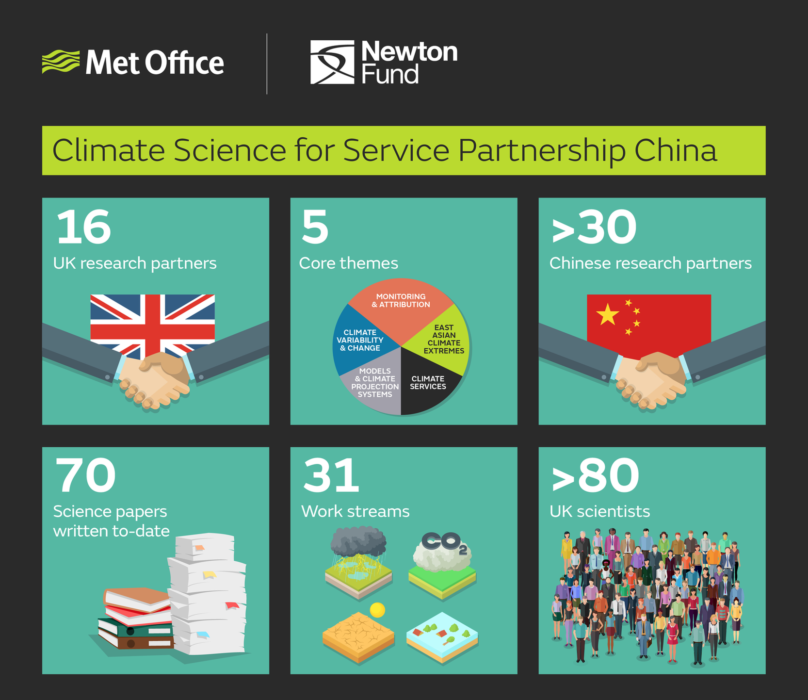
China is becoming a world leader in science and innovation, with ever increasing amounts of money to spend. But China still has abject poverty, and severe issues stemming from its unprecedented rapid exit from poverty. This makes it a perfect partner for the UK through the Newton Fund, where we are harnessing both countries excellence in science to change lives.
Nowhere is this more apparent than in the Climate Science for Service Partnership.
In its three years it has already produced over 70 peer reviewed papers, a staggering achievement. Nearly 150 of the scientists working on this programme gathered in Xi’an last week for the 4th annual conference. It’s always my pleasure to attend these events and meet face to face with the people working at the cutting edge of knowledge.
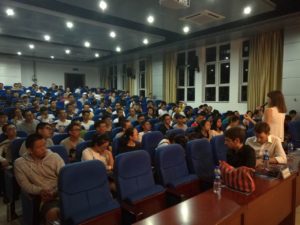
My take away is that because of our actions, the climate is changing. What we consider extreme weather now is becoming more normal.
In May 2015, exceptionally heavy rainfall and flooding occurred in south-east China, leading to loss of life and widespread damage. Chinese and UK scientists have found evidence of increasing short and intense rainfall because of human induced climate change. Considering the month of May, short duration, heavy rainfall – like or more intense than experienced in 2015 – is now around 60% more likely to occur in parts of south-east China.
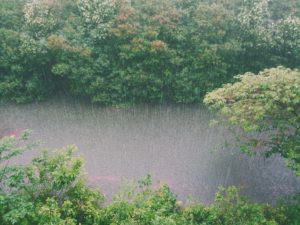
But the risk isn’t just through heavier rain. Extreme high temperature and drought are also on the rise.
A pioneering technique co-developed by China and UK is giving us new ways to quantify the risk of weather and climate extremes, and related impacts, occurring in the present-day climate. This shows that there is a 6% chance every decade that maize crops in US and China could fail at the same time. This hasn’t been seen in the past 30 years, but it is possible under current climate conditions, and we may not be prepared for it. As these regions produce 60% of the world’s maize we need to pay attention.
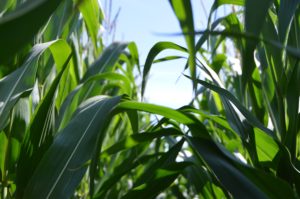
This pioneering technique is clearly going to benefit people in developing nations at risk from food shocks. It’s also been used closer to home.
Met Office scientists have recently found that in south-east England there is now a 7% chance of unprecedented monthly rainfall in winter. This rises to a 34% chance of breaking a regional record across some regions of England and Wales each winter. Work like this is already being used to update policy, such as in last year’s Cabinet Office UK flooding Resilience Review.
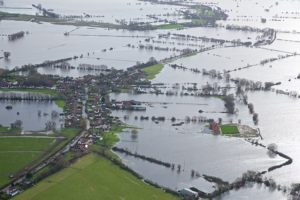
This is an example of knowledge that didn’t exist until recently, and wouldn’t have been developed were it not for the best and brightest scientists from UK and China coming together through the Newton Fund.